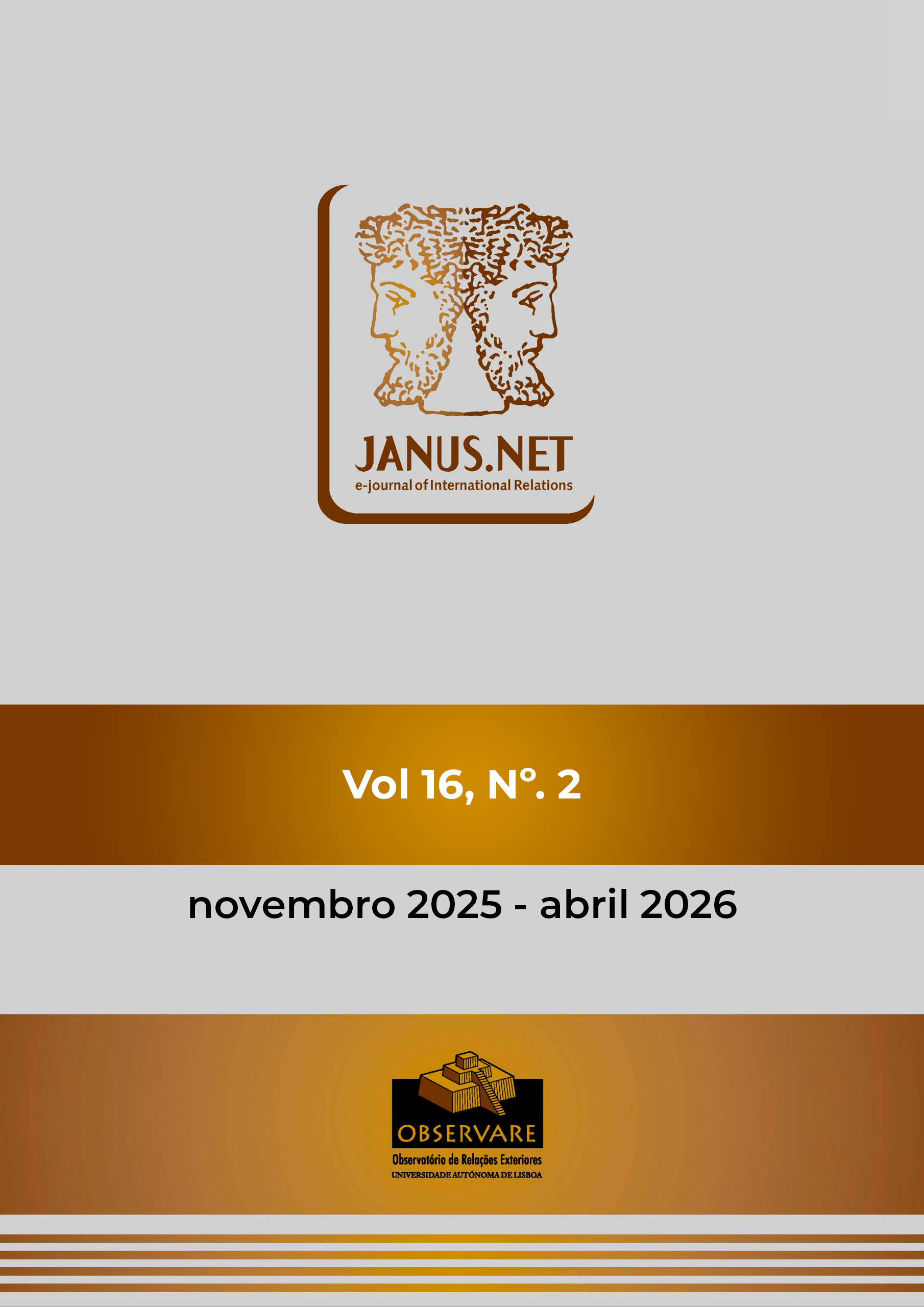DIGITAL DIVIDE: ANALYSING THE IMPACT OF UNEQUAL ACCESS TO TECHNOLOGY ON SOCIAL MOBILITY
DOI:
https://doi.org/10.26619/1647-7251.16.2.3Keywords:
Digital Divide, Social Mobility, Digital Inequalities, Technology Access, Digital LiteracyAbstract
The digital divide differentiated by inequalities in access, skills, and social usage of technology has become a significant obstacle towards social mobility, further compounding the current disparities in economic, social, and education realms. The aim of this research is to explain how the lacking digital resources are more burdensome for the impoverished population, denying them opportunities to elevate their economic status. The exploration addresses the components of the digital divide, namely: access to devices, technology skills, and the actual use of the equipment, showing at the same time how far-reaching impact these relationships have on education, employment, and economic development. Students from underdeveloped regions are not able to gain entry in online platforms that give digital learning materials, resulting in a greater gap in the level of education. Likewise, low literacy levels in regard to use of modern technology as well as discrimination against those who do not have such technology discourages people from engaging in the new economy thereby creating disparities in employment and income. Overall, the digital divide worsens the existing inequalities of developed and developing countries. While developed countries enjoy the advantages of well-advanced digital systems, most developing countries are still even battling to login with the internet denying them an opportunity to be active players in the global innovational digital economy. To illustrate these divisions and their significance for inequality at global level, case studies and empirical data are used. The paper ends with a call for change stating local governments, the business community and international institutions should collaborate towards eliminating the digital divide. This paper highlights the importance of addressing digital inequities in order to achieve a more inclusive digital future.


